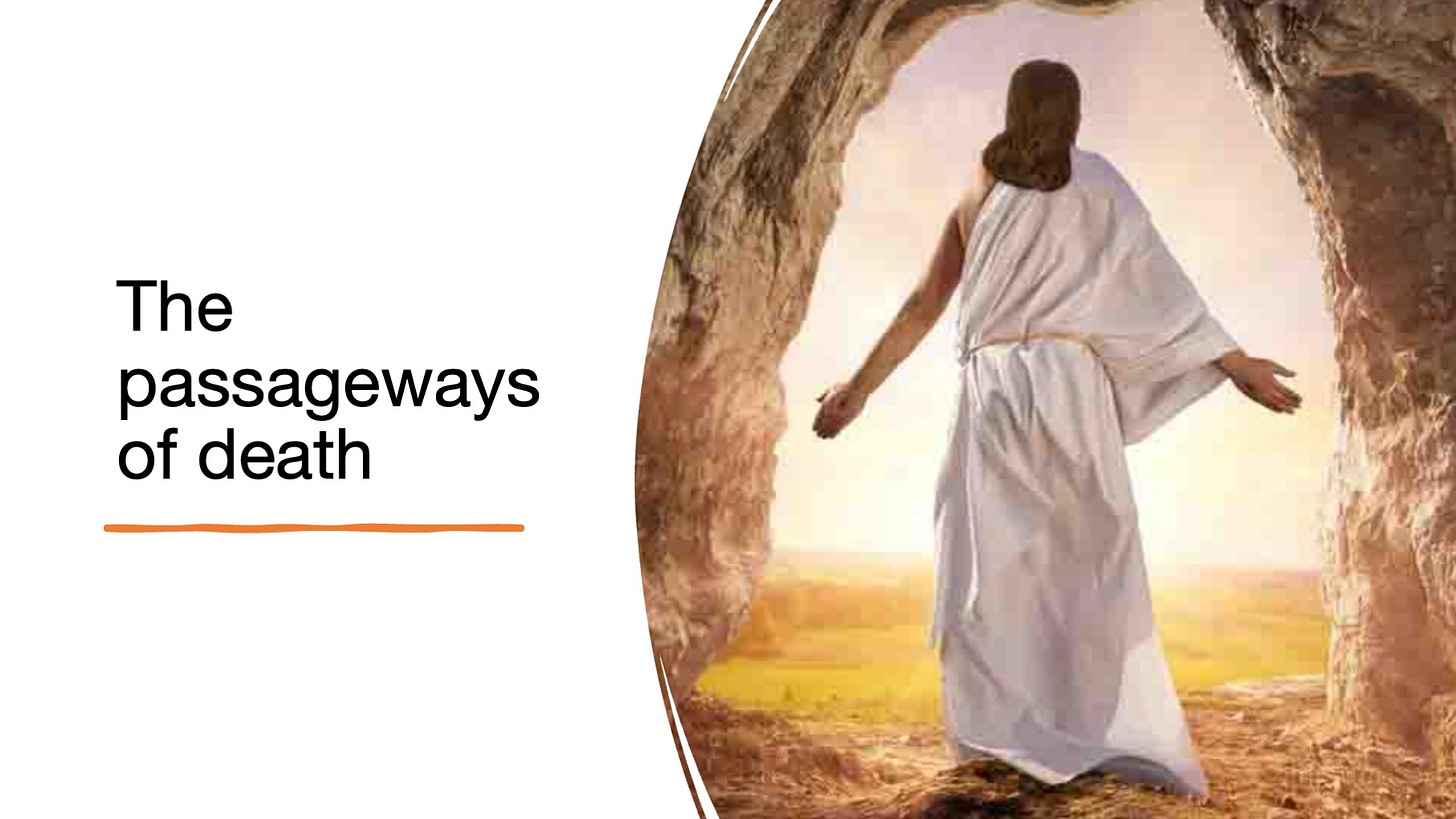Psalm 68:2 and 4, 6-7ab, 20-21
Psalm 68 celebrates God’s victory over His enemies and choosing Jerusalem as the place of His reign. It begins with a declaration that when God arises his enemies are scattered (Ps 68:2) and the righteous ones rejoice before God. Who are those righteous people? The Book of Proverbs states that a righteous person is someone who obeys God and rejoices when justice is done (see Prov 21:15) and a leader is considered righteous only when he administers justice (see Psalm 99:4, Is 11:1-5; Jer 23:5).
The description of God as giving a home to the forsaken can refer to the giving of the promised land to the family of Jacob that grew into a nation. But, the statement can also draw on the experience of the individual people in the Bible. Ruth, for example, who was a Moabite found her home in Bethlehem among the Jewish people and became the great-grandmother of King David (see the Book of Ruth). On the other hand, the statement that God sets prisoners free reminds us of the story of Joseph being sold into Egypt, thrown into prison by his master, and then elevated to the position of second-in-command in Egypt.
The psalmist calls the Lord “our salvation”. The main act of salvation that is celebrated each year on the feast of Passover is the liberation of Israel from Egypt. But the Lord rescued Israel from life-threatening experiences, slavery and exile multiple times. Those experiences can be compared to a passage from death to life. Ezekiel, for example, spoke about the liberation of Israel from Babylonian slavery using a metaphor of dry bones that are made alive by the Spirit of God (Ezek 37:1-14). Thus, in the Jewish translation of verse 21, we read that “God the Lord provides an escape from death” (Ps 68:21).
Verses 20 and 21 of this psalm read like a prophecy of the Gospel. Saint Matthew proclaims that Jesus came to take our infirmities and bear our sickness (Matt 8:17; see Is 53:5). In the Gospel of John, the Samaritans declare that Jesus is the Saviour of the world (John 4:42). Finally, the Passion and the Resurrection narrative makes it clear that the Lord “controls the passageways of death” (Ps 68:21). Jesus has opened for us the way from death to an abundant life. “I am the Living One; I was dead, and now look, I am alive forever and ever! And I hold the keys of death and Hades” (Rev 1:18).
The meaning of Jesus’ name is “the Lord saves” and Saint Peter declared that salvation cannot be found in anyone except in Jesus: “There is no other name under heaven given among men by which we must be saved” (Acts 4:12). And so, together with the psalmist we declare our faith that Jesus is our Saviour, that He “controls the passageways of death”, and lead us to eternal life.




